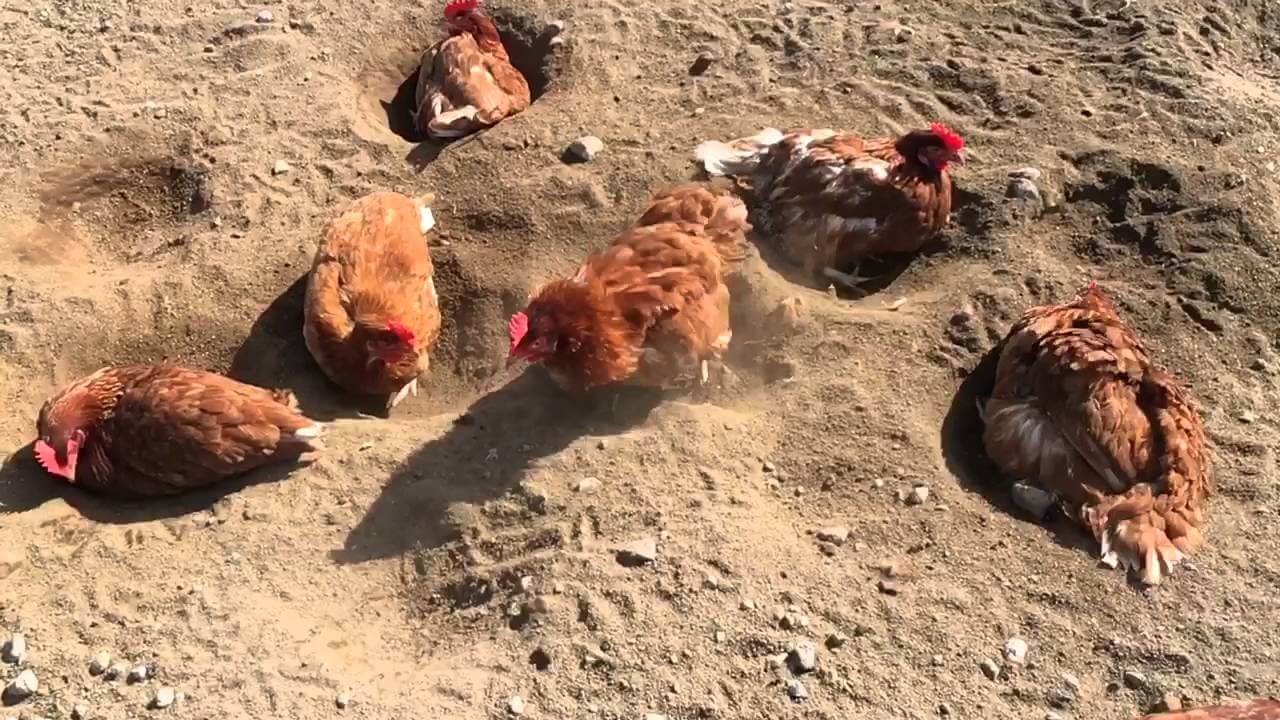Animal welfare in poultry farming is key to poultry production, marketing and general acceptability by consumers.
The phrase Animal welfare in poultry farming refers to the application of conducive flock rearing practices. On the other hand, improper application of poultry farming practices, results to animal cruelty. For instance, beak trimming is now considered unethical in some regions.

The rise of animal welfare advocacy and the demand for poultry produce from farms applying animal welfare practices, among other things, are important indicators as unto how you should raise your poultry.
Moreover, raising your poultry in a manner that qualify as animal cruelty can result in diseased animals, and low quality produce, to say the least.
As a poultry farmer, you should be looking to implement farming practices conducive to your flocks and that are animal welfare qualified. Poultry farming, is one of those undertakings that is better to be safe than sorry.
Factors affecting animal welfare in poultry farming
You can refer to animal welfare in poultry farming as ethical poultry farming. Essentially, as a poultry farmer, you should, in the least, address the following concerns so that your farming qualifies as ethical poultry farming.

Since animal welfare can and does mean different things in different countries, ensure that you’re informed of all laws and guidelines applicable to your farm.
Sustainable poultry farming
The first thing that comes to mind regarding animal welfare in poultry farming is sustainable farming. Although sustainable poultry farming can mean different things depending on who you ask, there are some basics to the qualification.

For starters, sustainability in poultry farming refers to the natural replenishment of respective ecosystems. That is, both in the production of animal feeds and in the handling and disposal of byproducts from poultry farming.
Furthermore, sustainability has especially been a focus point whenever large scale farming of any sort has come up. Among other things, mono cultures, animal overpopulation, and over medication are some of the factors affecting sustainability in poultry farming.
Local laws and regulations
Different animal welfare laws and regulations are being adopted in different regions and countries. As a result, it is your responsibility to ensure that your farm meets all legal mandates.
Additionally, to avoid legal problems and the like, you should ensure that your farmhands are aware of respective animal and produce handling requirements.

Poultry farms exceeding certain animal count warrant inspections. If your farm falls into such a category, ensure that it is inspection ready at a moment’s notice.
Furthermore, what qualifies as organic or sustainable poultry farming also depends from region to region. It is your responsibility as a poultry farmer to meet all applicable requirements and mandates.
Environmental and ecosystem wellness
The ecosystem surrounding poultry farming extends far beyond poultry farms.
For instance, the production of poultry feed on large scale involves intensive monoculture farming. Moreover, energy sources used in such farms, and the farming practices themselves do come to question. More often than not there are also questions about the wellness of the environment surrounding such farms.

More or less, the same applies to poultry farms themselves. Particularly if you think about large farms, waste handling and disposal comes to the forefront.
Nonetheless there are environmental protection measures required in different places, by farm size, among other factors. Therefore, you should always be careful to implement this as required. If need be, contact respective authorities to ensure you’re well informed and running your farm accordingly.
Consumer awareness
Today’s consumer is informed and very proactive. As a result, they are able to make their consumption choices based on what is good for them, for animal welfare, and environment in general.
Moreover, you can expect consumer awareness to increase, as means of instant information production and dissemination become even more ubiquitous.

Therefore, educate and or inform yourself as unto what consumers are saying and looking to pay for. The difference between your produce meeting consumer demand can be small and it is up to you to ensure you’re up to the challenge.
Last but not least, consumers are also concerned about farm working conditions. In particular, farms that have conducive working conditions are likely to have demand for their products than farms that do not.
Organic poultry faming
Consumer awareness of animal welfare and cruelty practices has led to a demand for poultry produce from organic farms.
You may ask what qualifies as organic poultry farming, and the answer to that could a whole different discussion altogether. Additionally, what counts as organic is increasingly politicised and muddled so it is almost impossible to say that some produce is conclusively organic.

As a result, we do not necessarily qualify to say what organic poultry farming is, so here are a few articles to guide you:
- Organic poultry farming: An overview of methods and benefits
- Strategies for organic chicken farming
- Organic chicken farming: a guide to sustainable poultry
- An organic poultry farming guide: Housing, feeding, medication and more
Competition from alternative protein sources
Poultry farmers should take blame when consumers boycott produce from farms that do not apply animal welfare methods. In spite of the introduction of new protein products in the market, the demand for ethical poultry products is still growing. As a result, to meet that demand, it is paramount you deliver corresponding products.

Some demand for alternative protein sources is a direct result of animal welfare advocacy. However, demand for alternative protein sources products such as plant based meats and the like can be expected. Nonetheless, we poultry farmers owe it to our customers, animals, and environment to practice ethical poultry farming.

